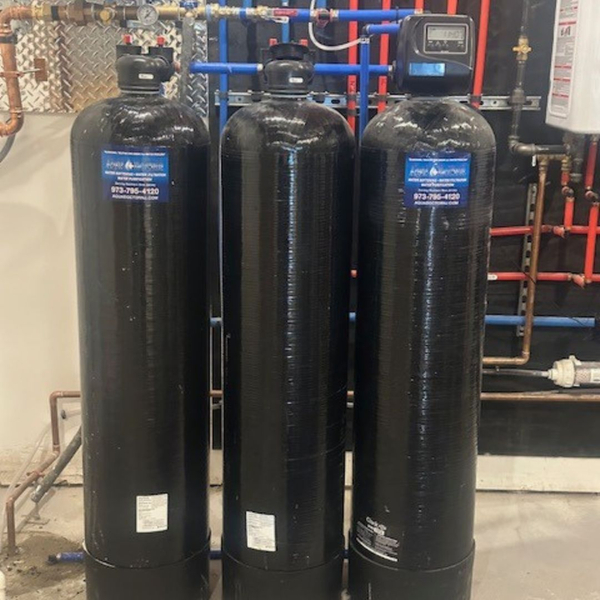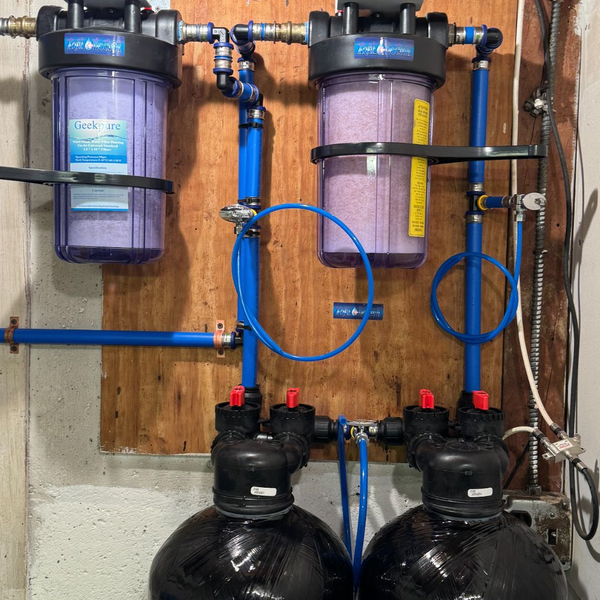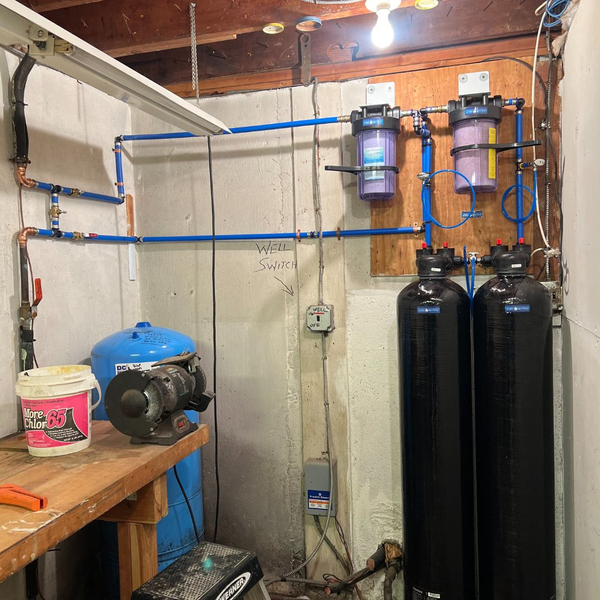As concerns about water quality continue to escalate, New Jersey's recent regulatory changes around per- and poly-fluoroalkyl substances (PFAS) are making headlines. With new federal mandates set by the Environmental Protection Agency (EPA), the state is positioned to strengthen its already rigorous water safety protocols. In this article from Aqua Doctor, we’ll discuss what you need to know about the new regulations and their implications for public health.
New NJ PFAS Regulations

Understanding the Impact of PFAS
PFAS, often referred to as "forever chemicals," are synthetic compounds found in various consumer products. Their resilience in the environment poses significant risks, including links to cancer and other serious health issues. With more than 200 million Americans exposed to these chemicals, it’s vital for New Jersey to take proactive steps to protect its residents by improving water quality.

New Federal Standards
The EPA has recently established landmark regulations mandating that public water systems virtually eliminate PFAS from drinking water. New Jersey's current measurements for PFOA, PFOS, and PFNA are already stringent at 14 parts per trillion (ppt) and 13 ppt, but the new federal standards set the bar even lower — four ppt for PFOA and PFOS and 10 ppt for PFNA. Water utilities will have three years to evaluate compliance and two additional years to meet the new standards.

Implications for Water Utilities
Compliance with these new regulations may lead to higher operational costs for water utilities, as they will have to invest in advanced filtration systems and treatment technologies. This situation could potentially translate into increased water rates for consumers, especially affecting communities that are already financially strained.
Utilities are encouraged to begin proactive measures immediately, and the process may be aided by the federal funding provided through initiatives like the Bipartisan Infrastructure Law. However, the question remains: how will these costs impact New Jersey residents?

The Role of State Regulations
While New Jersey's Department of Environmental Protection is preparing to implement these new federal rules, there is ongoing discussion about the effectiveness of current state PFAS regulations. Advocacy groups argue that existing state standards might not fully protect public health compared to the newly set federal benchmarks. Continued engagement with water suppliers and prompt communication about testing results are crucial for ensuring community awareness and safety.
Your Water, Your Health
As New Jersey adapts to these evolving regulations, Aqua Doctor is here to help. If you’re concerned about PFAS in your drinking water, consider contacting us for a personalized water evaluation or to learn about effective filtration options for PFAS removal. Let’s work together to ensure that you and your family have access to clean, safe water!
